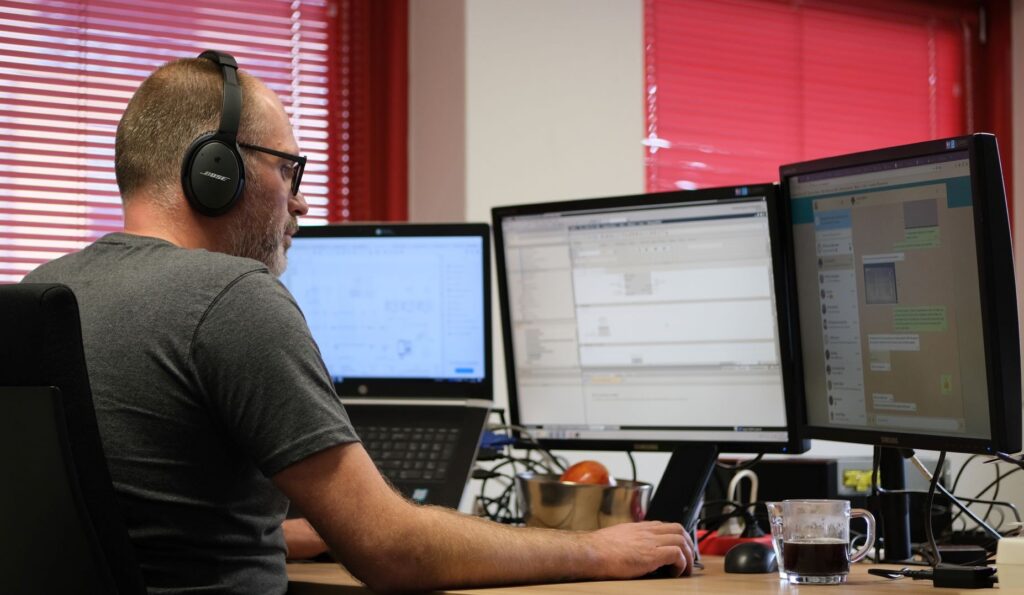Kuipers remote commissioning for a nuts plant in Asia
The food and beverage industries have witnessed transformative developments in technology which as a result increased efficiency throughout the value chain. Internet of Things, advanced simulation, system integration, and additive manufacturing; these are only a few of the components which allow today’s industry to deliver quality and cost-efficiency while allowing us to stay flexible during unpredictable events.
For many organizations and individuals, the pandemic disrupted usual operations or forced changes. However, those manufacturing food, medicines, or other essential supplies must continue producing at the same velocity.
As the foundation of many snack producers worldwide, our lines’ efficient delivery, start-up, and commissioning are essential for ensuring consumers’ demand is met. At Kuipers, the project management team recently began remote commissioning of a turnkey peanut plant in Asia. Developments in our lines such as pre-installation and testing as well as simulation and system integration have made adaptability easier. All the client needs is an internet connection to the machine.
Most of the units are controlled via our advanced PLC system. This system communicates through a secure VPN tunnel and can easily perform all the functions remotely. ”The machine is programmed in a way that it runs by itself, the operator only has to press start” explains Mr. Vis, one of Kuipers Project Managers and PLC programming experts. In the past, remote assistance was used several times for maintenance purposes, however, during commissioning our team prefers to be on site. This, without doubt, speeds up the process and most importantly, allows us to meet local technicians, train personnel, and build relationships with our clients. When this opportunity is not there, however, being able to perform the same job remotely is crucial.
In addition, nowadays, automation and digitization are the answer to almost everything related to contamination and cross-contamination. Consumers are concerned with infections that may be caused by human contact within factories and companies fear for their employees’ health. Minimizing these risks is vital.
